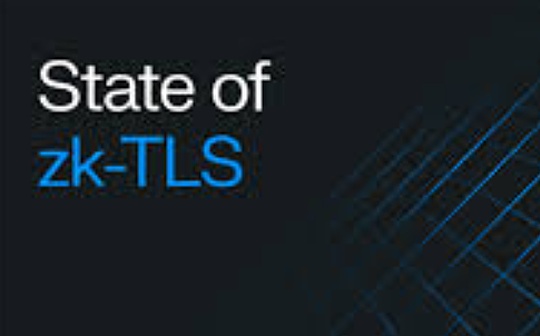Hong Kong court issues tokenization legal notice to two illegal wallets on Tron network

Reprinted from panewslab
01/15/2025·21days agoPANews reported on January 15 that Hong Kong courts can now send tokenized legal notices to anonymous owners of illegal wallet addresses via the blockchain, Cointelegraph reported. According to the disclosure of a court injunction, two wallet addresses located on the Tron network have received such legal notices and been asked to freeze their assets. Although previous cases in jurisdictions such as the United States and the United Kingdom have demonstrated the courts' adaptability to new methods, Hong Kong's tokenization notice is particularly unique in that it does not allow the defense of ignorance.
Joshua Chu, a cybersecurity consultant at Macro Systems, explained: “If the relevant transactions continue to proceed, it will violate criminal laws. If centralized exchanges are involved, they need to fulfill statutory ‘anti-money laundering and know-your-blockchain’ obligations. , are likely to be wary of these wallets and even refuse to conduct transactions with them. “Traditionally, legal documents are delivered in person, that is, by handing the documents to the recipient. In addition, some jurisdictions allow documents to be sent by registered mail, email, or fax under certain conditions. If the recipient cannot be found, a notice will be published in a newspaper or online. Moses Park, a lawyer for the plaintiffs in the Hong Kong case, noted: “Prior to this, serving court documents on wallet holders was extremely challenging, if not impossible, under existing procedural requirements.”
The court injunction set up a digital cordon around the 2.65 million USDT lost by victims due to online fraud. However, by the time the suspect wallet received the tokenization court order, the suspect had already transferred some of the assets and eventually moved these assets to the exchange. As of the time of the report, there were still about 1 million USDT remaining in the wallet. In response, Chu said the remaining assets "are being handled separately" and declined to disclose any further information.


 jinse
jinse